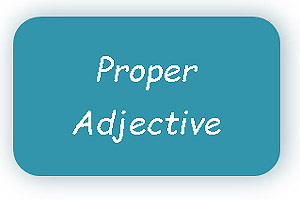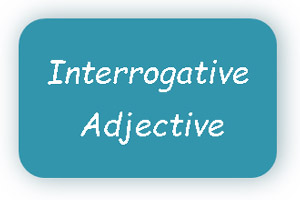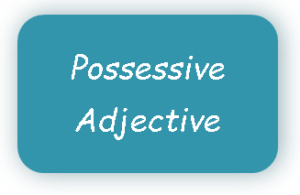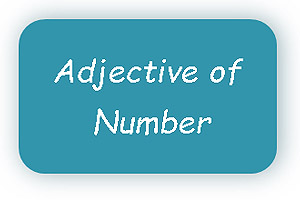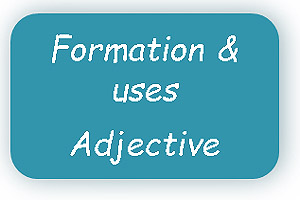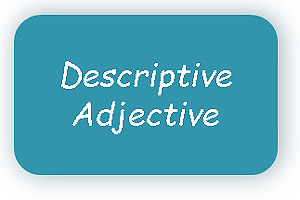What is a proper adjective?
The world of adjectives can be a tricky one, and proper adjectives are no exception. These grammar chameleons often masquerade as regular adjectives, but with a twist: they’re derived from proper nouns, like names, places, and brands. So, what exactly are proper adjectives, and how do you use them like a pro?
what is a Proper Adjectives
Think of a proper noun like a unique identifier, like “Paris” or “Shakespeare.” Proper adjectives are born when we transform these nouns into descriptors. “Parisian” tells you something about the fashion, while “Shakespearean” describes a dramatic style. Suddenly, the noun becomes an adjective, adding flair and specificity to your writing.
Capitalization:
One of the main giveaways of a proper adjective is its capitalization. Unlike their common cousins (like “beautiful” or “red”), proper adjectives start with a capital letter, reflecting their origin in a proper noun. This distinction helps maintain clarity and avoid ambiguity in your writing.
how can manage
Proper adjectives primarily modify nouns, just like regular adjectives. For example, you could say, “Victorian houses line the street” or “She wore a Chanel bag.” But remember, they can’t function as nouns themselves. Saying “I love Victorian” wouldn’t be grammatically correct.
Beyond the Basics: Fun Facts and Tips
- Not All Names Become Adjectives: Some proper nouns, like days of the week or months, don’t have corresponding proper adjectives (you wouldn’t say “Tuesdayish” or “Februaryesque”).
- Double Duty: Some words can act as both proper nouns and proper adjectives, depending on the context. For example, “French” can refer to the language (“I speak French”) or the nationality (“She’s French”).
- Hyphen Hijinks: When a proper adjective modifies a compound noun, hyphens might be needed for clarity. For example, “World War II-era films” is clearer than “World War II-era films.”
Understanding these grammar ninjas can elevate your writing, adding precision and sophistication. So, embrace the power of proper adjectives, and remember:
- Capitalize them!
- Use them to modify nouns.
- Have fun exploring their versatility!
With a little practice, you’ll be using proper adjectives like a pro, transforming your writing from ordinary to extraordinary.
examples:
a). He lives in the USA (proper noun)
b) He likes the US holidays. (Proper adjective)
These adjectives start with capitalization.
a). When she lived in China, Liz ate a lot of Chinese food.
If proper adjectives have a prefix, the prefix itself is never capitalized.
However, the proper adjective itself is still capitalized.
a) In pre-Columbian America, corn was the only cultivated cereal.
Names of places: (city, country, and continents)
Person Name: :(John, Maria, Sylvester, etc)
The Proper Adjective Examples:
It has two forms:
- The adjective is formed by the proper nouns.
- A proper noun is used as an adjective.
| Proper Nouns
(Country) |
Proper Adjectives |
| Paris | Paris Fragrance |
| Swiss Zealand | Swiss Zealand Scenery |
| Japan | Japan technology |
| Russian | Russian Army |
| China | This is a Chinese food |
| Proper Nouns
(Person) |
Proper Adjectives |
| William Shakespeare | Shakespearean |
| Harold Koontz | A Koontzian Theory on Management |
| Albert Einstein | Einsteinian |
| Adolf Hitler | Hitlerian |
| Mahatma Gandhi | Gandhian |
| Jesus Christ | Christian |

